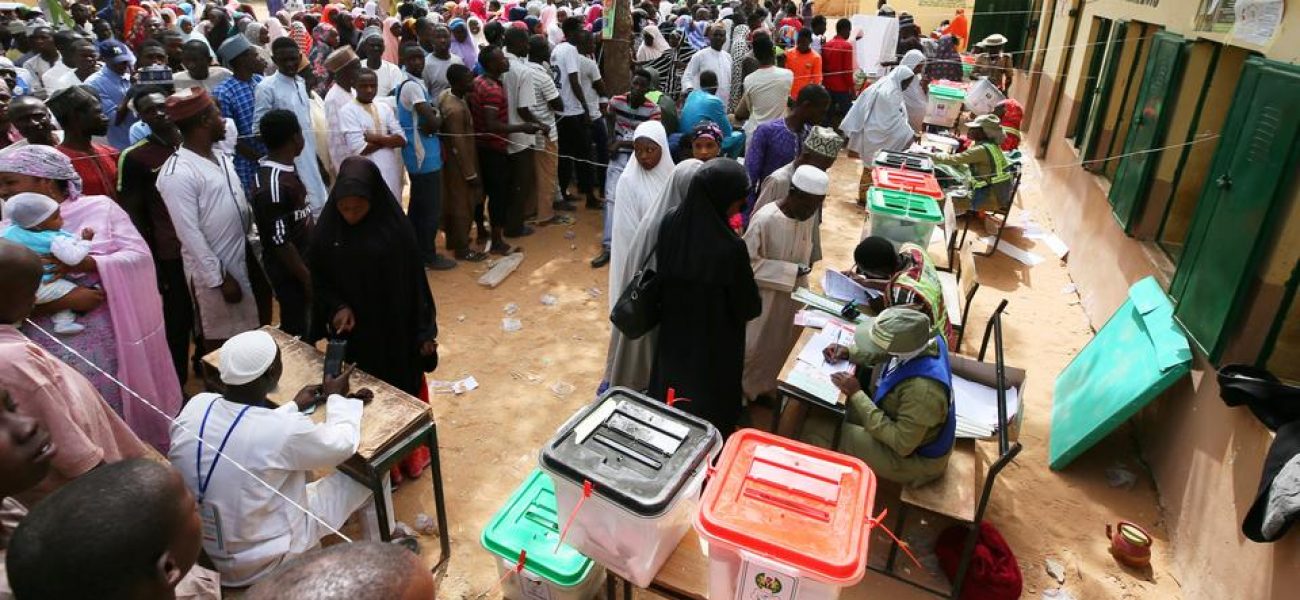The Senate on Tuesday, July 13, passed a bill to establish a National Electoral Offences Commission. The bill sponsored by Senator Abubakar Kyari and co-sponsored by the Deputy President of the Senate, Senator Ovie Omo-Agege and Senator Kabiru Gaya, seeks to address the investigation and prosecution of electoral offences in Nigeria. It will be recalled that the Senate held a public hearing on the bill in April 2021. The creation of an Electoral Offences Commission was one of the recommendations put forward by the Electoral Reform Committee set up by President Umaru Musa Yar’Adua in August 2007 and led by Hon. Justice Muhammadu Lawal Uwais. Since then, civil society organisations and other election stakeholders have advocated for its creation to address the rising menace of electoral offences in Nigeria, in view of INEC’s limited capacity to plan and conduct elections, as well as arrest, investigate and prosecute electoral offenders.
In the Uwais Committee’s report, it recommended the establishment of an autonomous Commission to investigate and prosecute all electoral frauds and offences, as well as enforce relevant provisions of the Electoral Act. In addition, it was recommended that the Commission be empowered to introduce and maintain investigative and control techniques towards the prevention of electoral malpractices and fraudulent elections, among others.
The bill passed by the Senate, seeks to establish a Commission comprising a Chairman, a Secretary, 10 representatives from select government ministries and agencies, as well as six other Nigerians representing each of the geo-political zones. Interestingly, at least two of these geo-political zonal positions are reserved for women. The Chairman and members others than ex-officio members are to hold office for a tenure of five years and may be re-appointed for a further term of five years and no more.
Among others, the bill stipulates penalties for various classes of offences. Some of these include an imprisonment term of 20 years for judicial officers or officers of a Court/Tribunal who pervert justice, and a fine of N30,000,000 in lieu of an imprisonment term set for election officials and security personnel; 20-year imprisonment for ballot box snatching. It also imposes sanctions for candidates who go above the limits placed on election expenses.
Generally, the bill seems like a good start to addressing, more decisively, the incidence of electoral malpractices by providing a framework to punish offenders, to serve as a deterrent to potential offenders. While its passage is a welcome development, a holistic electoral legal framework and far reaching electoral reforms are still required to consolidate the gains recorded so far in Nigeria’s elections.

